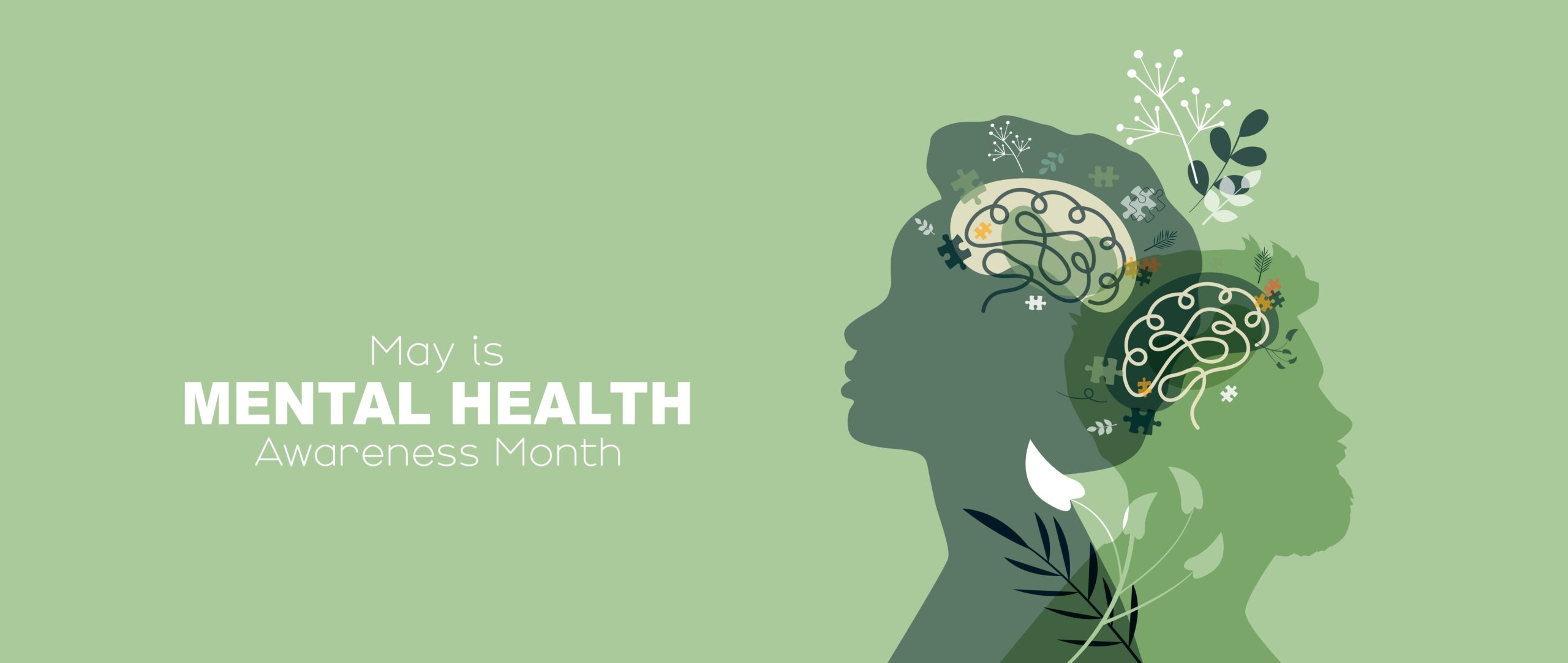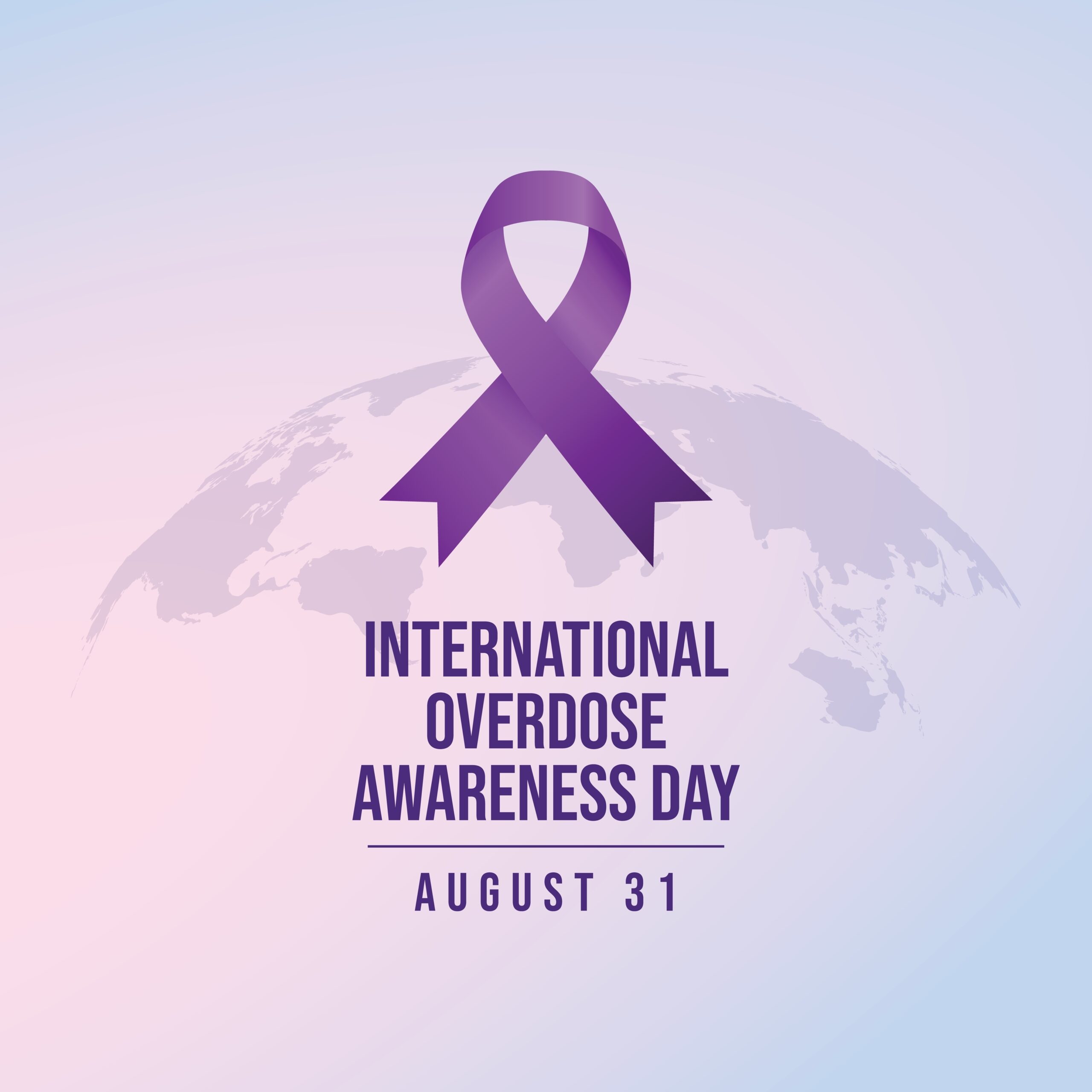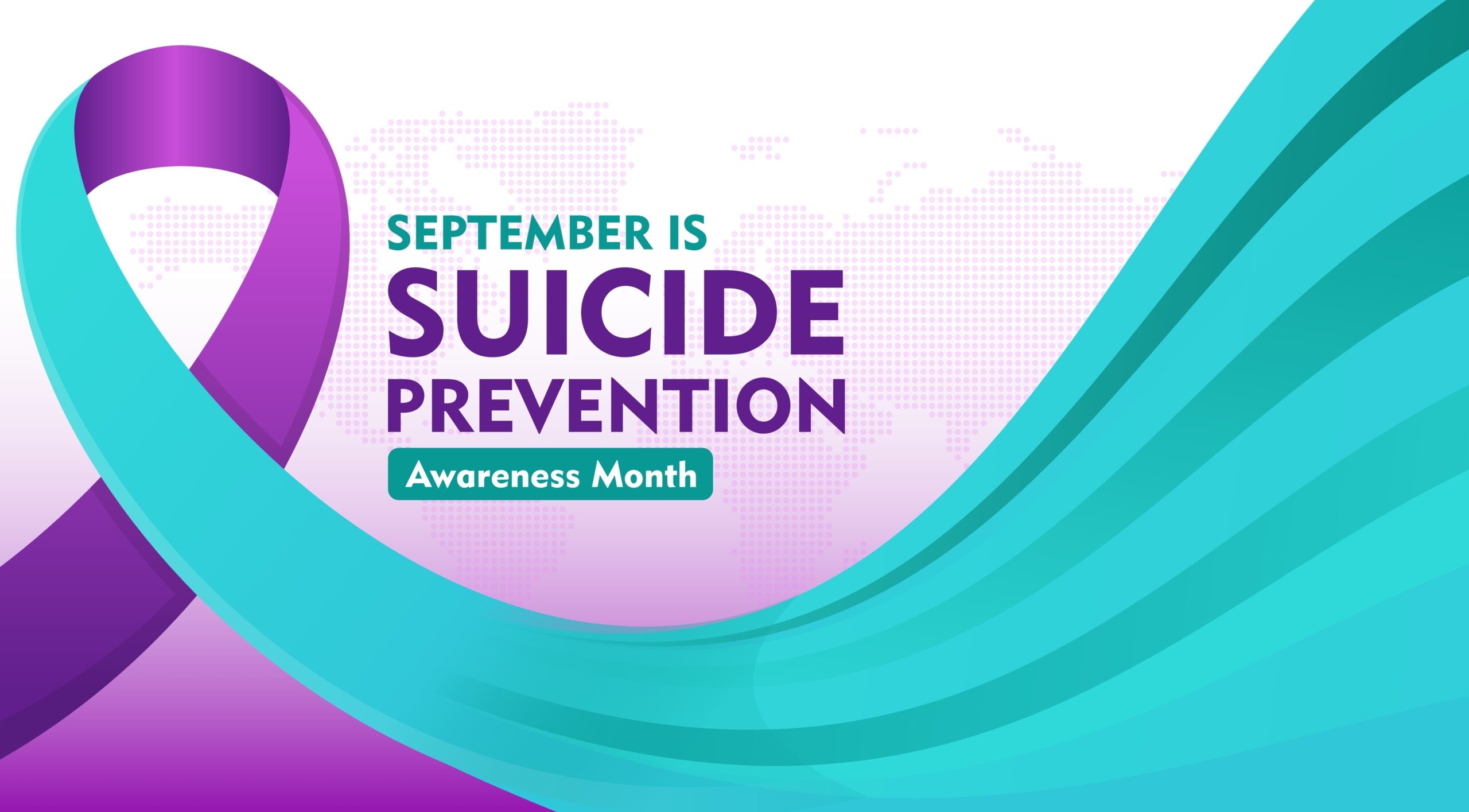If you’ve ever hesitated to seek mental health treatment because of what you’ve heard, you’re not alone. From the belief that therapy is only for the “severely ill” to thinking medication will make you someone you’re not, mental health myths are everywhere. These misconceptions don’t just cloud judgment—they stop people from getting the help they deserve.
It’s time to set the record straight and bust the myths about mental health treatment that are keeping you or someone you love from living their best life.
Myth 1: “Therapy is Only for People with Severe Mental Illness”
Debunked: Therapy is not reserved for people with severe mental health conditions. In reality, therapy can benefit anyone, regardless of the severity of their issues.
Therapy is often perceived as something you only seek out when your mental health has reached a critical point, but this couldn’t be further from the truth. Mental health therapy for all is a concept that professionals advocate. Whether you’re navigating everyday stress, adjusting to life changes, or managing feelings of anxiety or depression, mental health treatment provides a supportive space to explore these challenges.
Who Can Benefit from Therapy?
- Individuals experiencing stress at work or home.
- People going through significant life changes (divorce, moving, job loss).
- Those dealing with grief or loss.
- Individuals who want to explore their emotions and thoughts in a structured setting.
- Anyone looking for personal growth or improvement in relationships.
Therapy isn’t just for managing crises; it’s also for preventing them. It’s a proactive step toward maintaining mental wellness and understanding yourself better.
Myth 2: “Medication Will Change Who I Am”
Debunked: Medication does not alter who you are; it helps balance brain chemistry to improve your quality of life.
Many individuals avoid psychiatric medication out of fear that it will dramatically change their personality or dull their emotions. However, this myth is rooted in misinformation. Mental health medication misconceptions often prevent people from seeking effective treatments for conditions like depression, anxiety, and bipolar disorder.
How Mental Health Medications Work
- Antidepressants help improve mood by balancing neurotransmitters like serotonin and dopamine.
- Anti-anxiety medications reduce excessive worry and physical symptoms of anxiety.
- Mood stabilizers help people with conditions like bipolar disorder manage extreme mood swings.
Medication is not designed to erase your personality. Instead, it works to alleviate symptoms that are interfering with your daily life. Most people report feeling more like themselves once their symptoms are under control, not less. It’s also important to note that medications are often used in combination with therapy for more effective, long-term results.
Myth 3: “People Who Need Mental Health Treatment Are Weak”
Debunked: Seeking help for your mental health is a sign of strength, not weakness.
The idea that needing mental health support is a reflection of personal weakness is one of the most damaging mental health stigma debunked by professionals. Taking control of your mental health and asking for help when needed shows resilience and the desire to improve your well-being.
Common Misconceptions About Strength and Mental Health
- Strength means handling everything on your own.
- Mental health struggles should be hidden or ignored.
- Admitting to mental health issues is a sign of failure.
In reality, it takes courage to seek help, especially in a society that often stigmatizes mental illness. By choosing to prioritize your mental health, you are actively working towards a better, healthier future for yourself.
Myth 4: “Mental Health Problems Are Permanent”
Debunked: Most mental health conditions are treatable and manageable with proper care.
It’s easy to feel like your mental health issues will last forever when you’re in the midst of a struggle. However, this belief is simply not true. With the right treatment plan, many people experience significant improvements and can lead fulfilling lives. Treatable mental health conditions include depression, anxiety, PTSD, and more.
Treatment Options That Help Manage Mental Health Conditions
- Cognitive Behavioral Therapy (CBT): A highly effective form of therapy for anxiety, depression, and PTSD.
- Medication: Can be used to alleviate symptoms and make therapy more effective.
- Mindfulness and Meditation: Techniques that help people manage stress and emotional regulation.
- Support Groups: A space to connect with others who understand your experience.
While some conditions may require ongoing treatment, many people find that they are able to manage their symptoms effectively and live full, satisfying lives.
Myth 5: “Therapy Takes Forever to Work”
Debunked: Therapy can show results in both the short and long term, and many people see progress after just a few sessions.
One common misconception about therapy is that it will take years before you see any results. While some forms of therapy are long-term, there are also short-term therapeutic approaches that can provide relief more quickly. How long does therapy take depends on the individual’s goals and the type of therapy they choose.
Short-Term vs. Long-Term Therapy
- Cognitive Behavioral Therapy (CBT): Often completed in 12-20 sessions and focuses on changing negative thought patterns.
- Dialectical Behavior Therapy (DBT): Can be shorter, focusing on emotional regulation and coping strategies.
- Brief Psychotherapy: Designed to address specific problems and is often completed in a few sessions.
- Long-Term Psychotherapy: Useful for deeper issues like trauma or chronic mental health conditions.
Results can vary, but many individuals start to feel better after a few sessions. Remember, the timeline for therapy is flexible and depends on your needs.
Myth 6: “Children and Teens Don’t Need Mental Health Treatment”
Debunked: Mental health issues can affect people of any age, including children and adolescents.
One of the most damaging misconceptions is the belief that children and teens are too young to need mental health care. The reality is that young people can face a range of mental health issues, from types anxiety disorders and depression to ADHD and trauma-related disorders. Mental health care for children is essential for promoting long-term well-being and emotional resilience.
Signs That a Child or Teen May Benefit from Mental Health Care
- Changes in mood, such as becoming withdrawn or irritable.
- Sudden changes in school performance or behavior.
- Difficulty concentrating or completing tasks.
- Excessive worry, fear, or sadness.
- Engaging in risky or self-harming behaviors.
Early intervention is key to helping young people manage their mental health. By addressing issues early on, children and teens are more likely to develop healthy coping mechanisms and thrive into adulthood.

Why Understanding Mental Health Treatment Is Crucial
The misconceptions surrounding mental health treatment can have serious consequences, not only for individuals but for society as a whole. By debunking these myths, we can reduce the stigma surrounding mental health care and encourage more people to seek the support they need.
How Myths Impact Individuals
- Stigma: Myths perpetuate the stigma, making individuals less likely to seek help.
- Delays in Treatment: People who believe these myths may avoid treatment until their mental health worsens.
- Isolation: Myths create a sense of shame and fear, preventing open conversations about mental health.
Challenging these misconceptions is an important step toward fostering a more understanding and supportive environment for everyone.
Don’t Believe Myths About Mental Health Treatment
The myths surrounding mental health treatment are harmful and prevent people from getting the care they need. Mental health therapy for all, the reality of mental health medication misconceptions, and understanding that mental health conditions are treatable can help reshape our understanding of mental well-being.
The truth is that mental health care is for everyone. Whether you’re dealing with daily stress or a more severe mental health condition, seeking support is a sign of strength. Let’s challenge these myths, spread awareness, and work toward a world where mental health care is accessible and free from stigma.
If you or someone you know is considering mental health treatment, take the first step today by speaking with a licensed professional. Contact Aspire Frisco at 469-249-9363 or email info@aspirefrisco.com to speak with a professional who can guide you through the process and help you regain control of your mental well-being. Remember, seeking help is a sign of strength, not weakness.



























